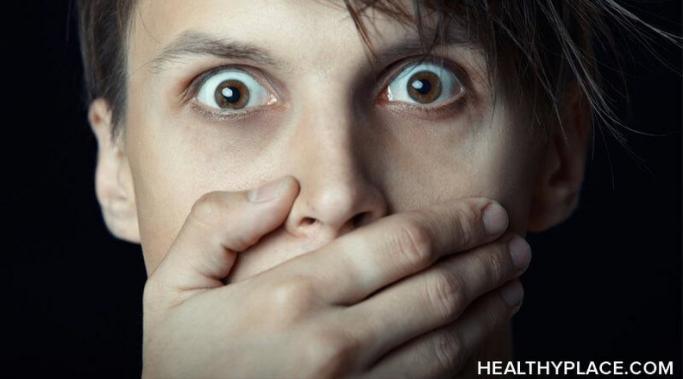When I was first diagnosed with Bipolar Disorder, despite my young age, I was told that I would need to take medication. Probably for the rest of my life. I wondered, as many people do, if medication would change me. Sure, I was told it would make me well and make my life easier, but I was not sure what that really meant. Would I still be me?
Mental Health - Recovering from Mental Illness
When you are in the process of recovering from a chronic mental illness, when you have achieved a state of remission and are free from psychiatric symptoms, you will never forget the impact, the memories, of when you were sick. The flashbacks.
Mental illness is chronic in nature. It is, by its very definition, a disease. I, like many other people who struggle with mental illness, have a hard time digesting and accepting the words chronic and disease. A person with a disease is sick. A person with a chronic disease is consistently sick.
Does Having a Chronic Mental Illness Mean That I am Sick?
Yes, and no. An example: if you have bipolar disorder you have a chronic illness but if you are in recovery, the mental illness is in remission. You are then considered well; the illness remains but you are free of symptoms or they are drastically reduced.
The word recovery is often socially defined as the achievement of health after a period of illness. Recovery is thought to be consistent and often connected to a physical illness. Recovery, when connected to a chronic mental illness, is different; the word itself holds more weight. The process from sickness to health is not absolute in nature. It is transient, and can change with the seasons or be triggered by life events.



